FoSTA-Health is a project where Lenka Suchá and Aneta Seidlová from CzechGlobe, along with partners from the University of Leeds, contribute to the research components focused on the on-ground food systems transformation in Tanzania and Malawi. They are specifically interested in how the food systems transformations are framed by the small-scale farmers who are most directly affected by climate change impacts. To this end, Lenka and Aneta are focusing on aspirations of small-scale farmers concerning crop diversification.
Aspirations in food systems transformation: why should we care about farmers’ ambitions and wishes?
Aspirations can be understood as hopes or ambitions related to achieving specific goals and as perceived importance or necessity of such goals. Indeed, aspirations are not only formed by individual desires and ambition but also by the socio-economic background, and a variety of socio-cultural norms, that influence agency and empowerment. Therefore, aspirations might be considered a vital formative force of human (in)actions.
In FoSTA-Health, we understand farmers as the key actors of food system transformation. However, current research lacks the understanding of how farmers themselves imagine such processes and what is their perceived role in it. Therefore, we are focusing on the aspirations of small-scale farmers as their livelihood choices are essential for the bottom-up-driven food system transformation. To this end, research on aspirations allows us to unpack farmers’ thinking about their past and present livelihoods, and also about the possible pathways of their future lives. It can also reveal what position farming holds in their livelihood strategies. Simply said, researching aspirations is helping us to understand what matters to farmers when it comes to their future lives and livelihoods, and why it does.
Using oral histories for researching farmers’ aspirations in Tanzania and Malawi
To this end, we explore small-scale farmers’ aspirations through in-depth interviews carried out in rural Tanzania and Malawi. In the design of these interviews, we drew on the methodology called oral histories, which allows research participants to tell the story of their lives and put the key events on a physical timeline. We were particularly interested in how the farmers’ aspirations had changed over the course of their lives and what factors had influenced them. We also delved into the questions of the farmers’ empowerment, which is one of the important determinants of their aspirations and their ability to fulfil them. Finally, we also focused on the farmers’ aspirations for their children/grandchildren. In total we collected 34 in-depth interviews in Tanzania and 40 in-depth interviews in Malawi in February and March 2024, .
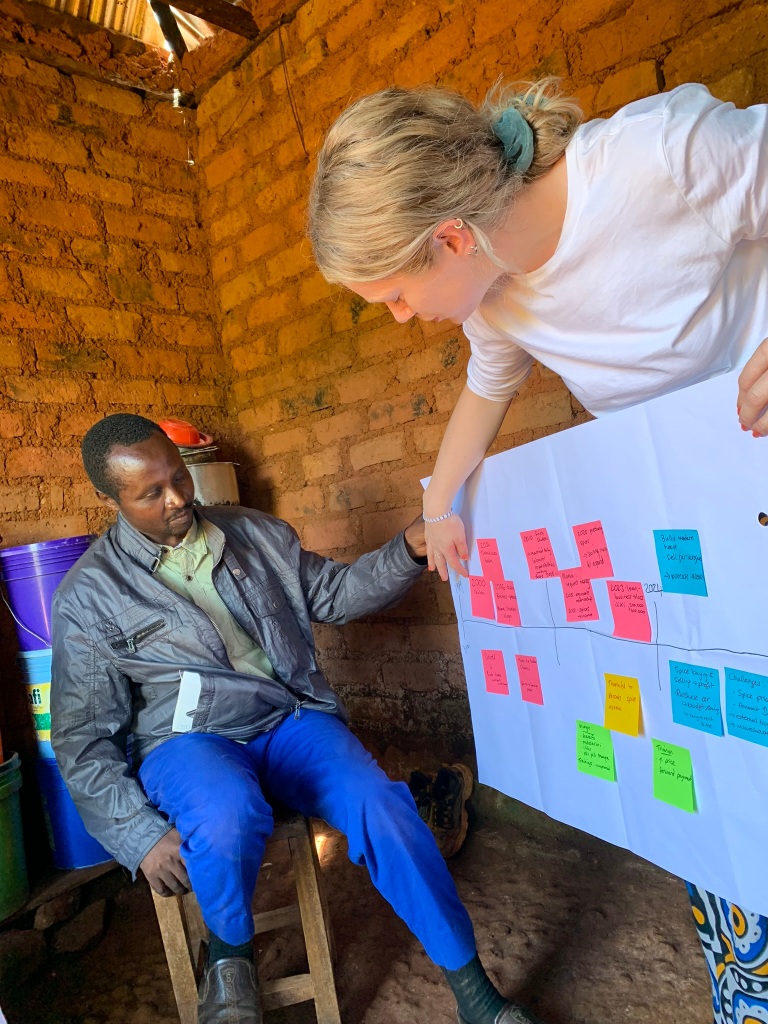
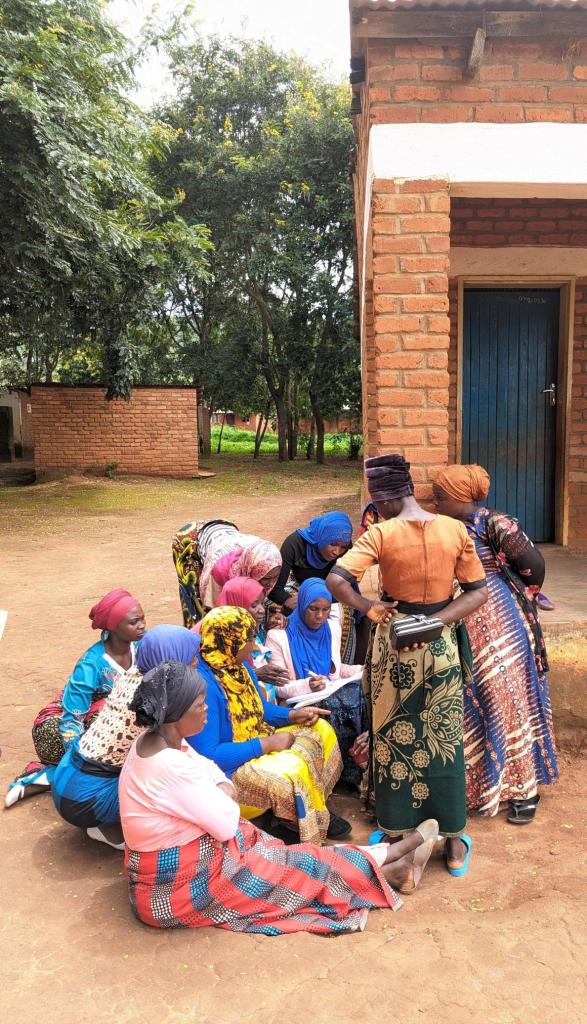
What are the aspirations of Tanzanian and Malawian small-scale farmers?
In Tanzania, we were working in the East Usambara Mountains in Muheza district, where the majority of farmers is engaged in spice production and related value chains. Spice production, especially cloves, can generally help farmers to earn substantial money, which can potentially enhance their livelihood. However, one of the most pronounced issues of spice production is its seasonality and labor intensity. The crucial question is then how farmers perceive their engagement in spice production and how they understand its role in fulfilling their aspirations.
The farmers most often agree that engagement in spice production allows them to improve their livelihoods. However, they are concerned about its seasonal nature, especially when it comes to income. Therefore, the farmers’ aspirations often concern securing other livelihood sources that might serve as backup after spice season ends – e.g. opening a small shop, buying or renting a motorcycle to provide others with taxi services, etc. As such, engagement in spice production is understood as a mean for earning enough money to fulfill these aspirations not related to farming.
Although the farmers’ aspirations often lie outside of farming, it does not necessarily mean that they want to leave agriculture behind completely. Instead, they aspire to diversify their income in order to find stability in their livelihoods and to mitigate the uncertainty that comes with the seasonality of spice farming. In terms of aspirations for their children, these farmers usually want to support them through their educational path, providing them with the opportunity to obtain formal employment in the future. However, they also wish for their children to remain in touch with agriculture, as it represents a certain livelihood security. This does not actually imply that the children should be farmers themselves. Instead, their preference for the children is to become farm owners who might eventually employ others to take care of all the necessary activities related to agriculture.
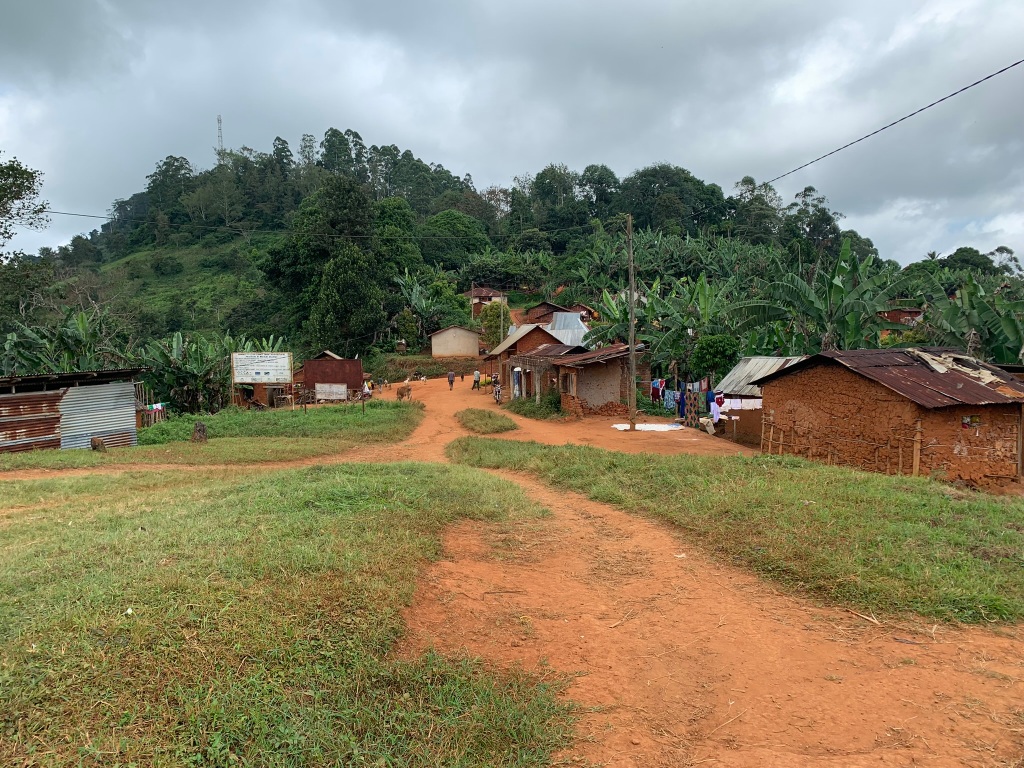
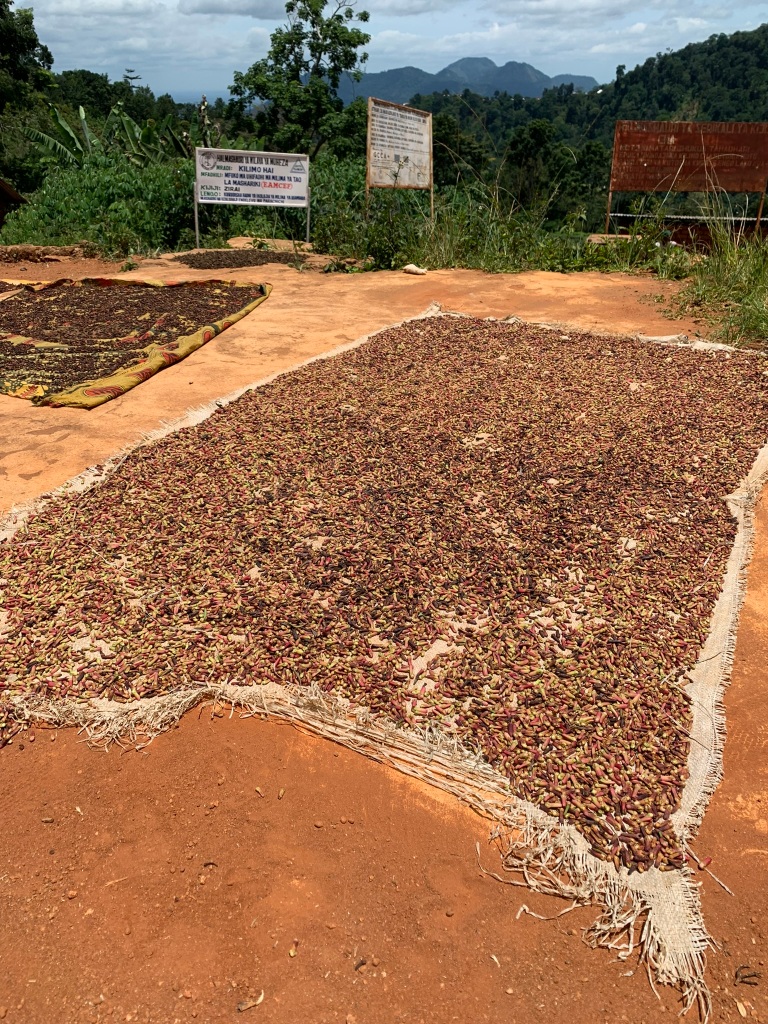
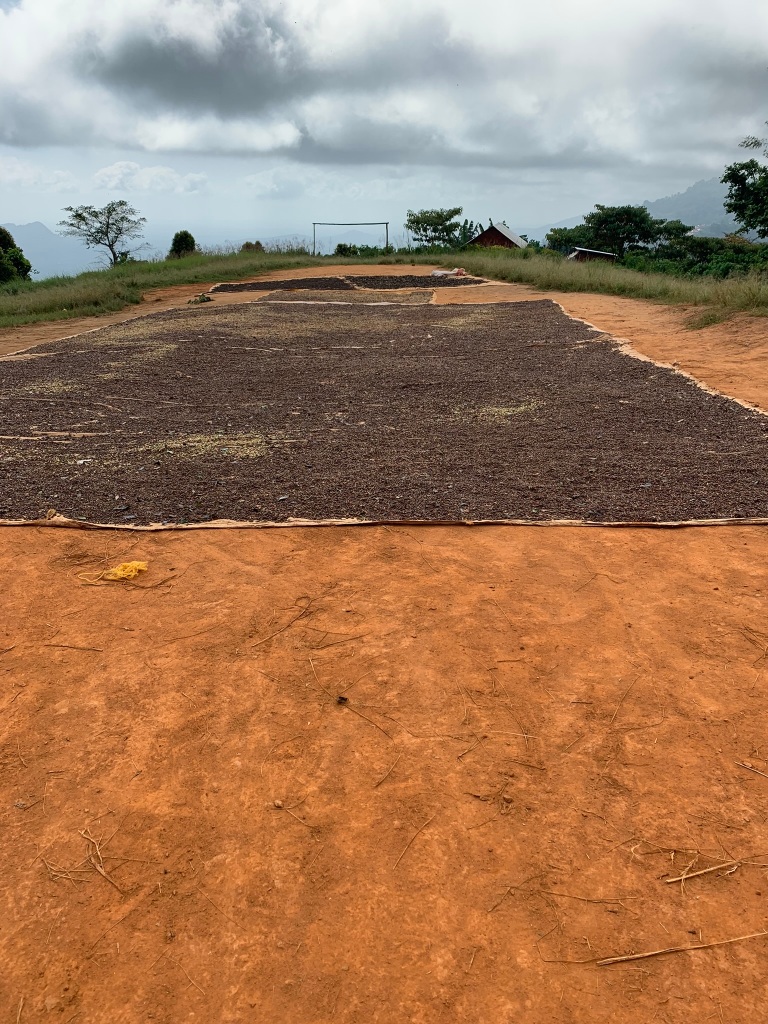
In Malawi, we worked with smallholders in Zomba and Mangochi districts. Most people in these areas are engaged in growing maize, rice, or cassava. Maize is a staple crop that is used to make “nshima”, a traditional porridge. Some households diversify their production with soya, groundnuts, pigeon peas, bananas, or tomatoes. Most of the produce is grown for their own consumption, not to be sold at the market. Mangochi is located near the border with Mozambique, and many households diversify their income sources through the migration of some household members to South Africa.
For many of the farmers we spoke to, their plan was to primarily increase the production of maize (to be sold at the market) through having access to irrigation, fertilizer, purchase of more land, or through improved farming techniques. Some farmers also planned to diversify into other crops (groundnuts, bananas, cabbage, soya) or the rearing of cattle. Non-farming aspirations were also mentioned, such as starting a small business, for example, and selling fish or second-hand clothes. Talking about aspirations was sometimes difficult, as the farmers were experiencing a severe drought at the time of the interviews, which limited their short-term plans and hopes. For example, one farmer mentioned that he wanted to set up a business, but only later in the year, because people were struggling and there would have been no interest in his business whatsoever at the time.
Similarly to Tanzania, the farmers’ future aspirations mainly revolved around securing enough income to invest further in farming or business, and importantly, to support children’s education so that they could find more stable and secure employment (while still engaged in agriculture to some extent). However, farming was never the primary and only aspiration, both for the participants’ past and present lives and for their children’s imagined future. Interestingly, while talking about their future and wishes, the farmers would mention their neighbors as inspiration, showing that aspirations are influenced by social context.
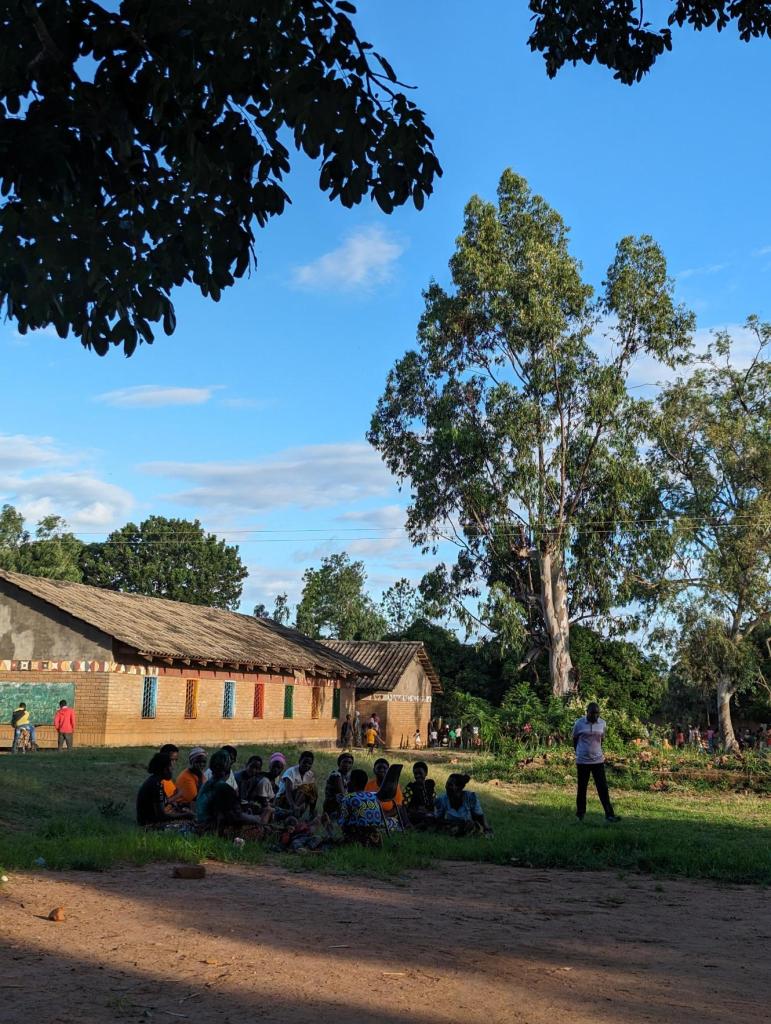
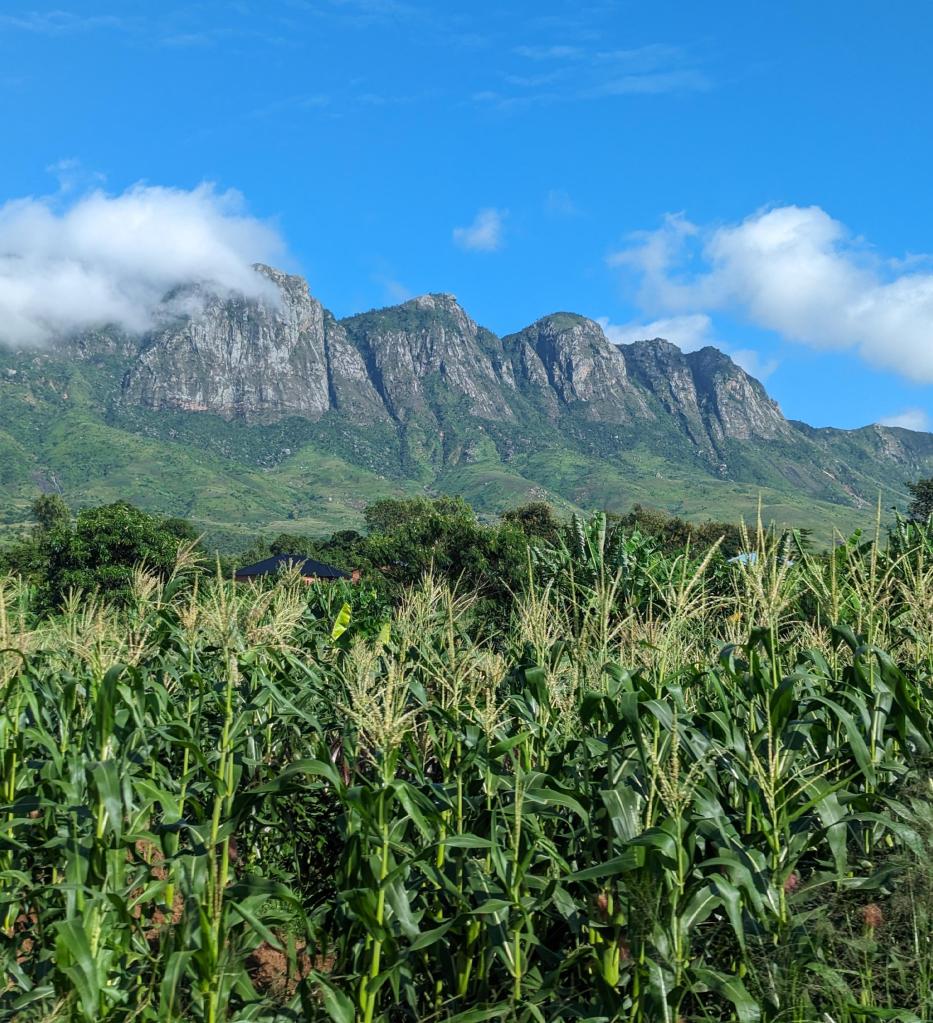
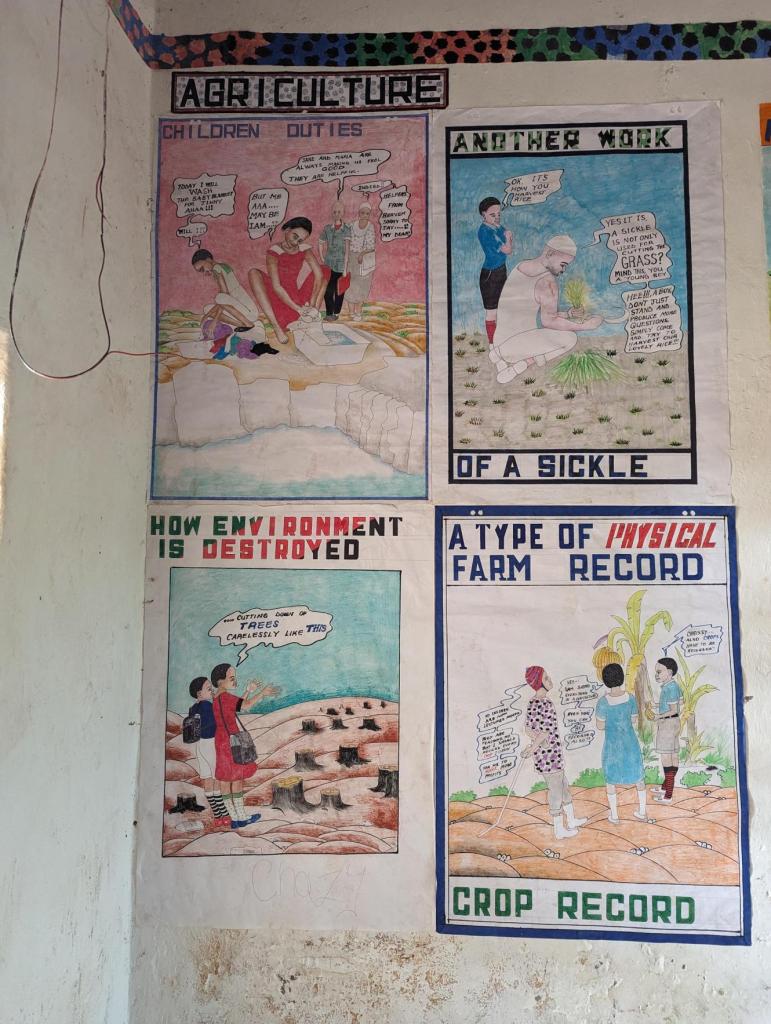
Next steps
The analysis of the farmers’ individual aspirations will serve as a springboard for further exploration of their role in food systems transformation. To this end, we will organize a series of co-creative workshops that will aim at constructing community-based narratives of transformative change. These community-based narratives of transformative change will then feed into other research components of FoSTA-Health, such as food systems mapping and representative transformation pathways (RTPs).
Authors: Lenka Suchá and Aneta Seidlová



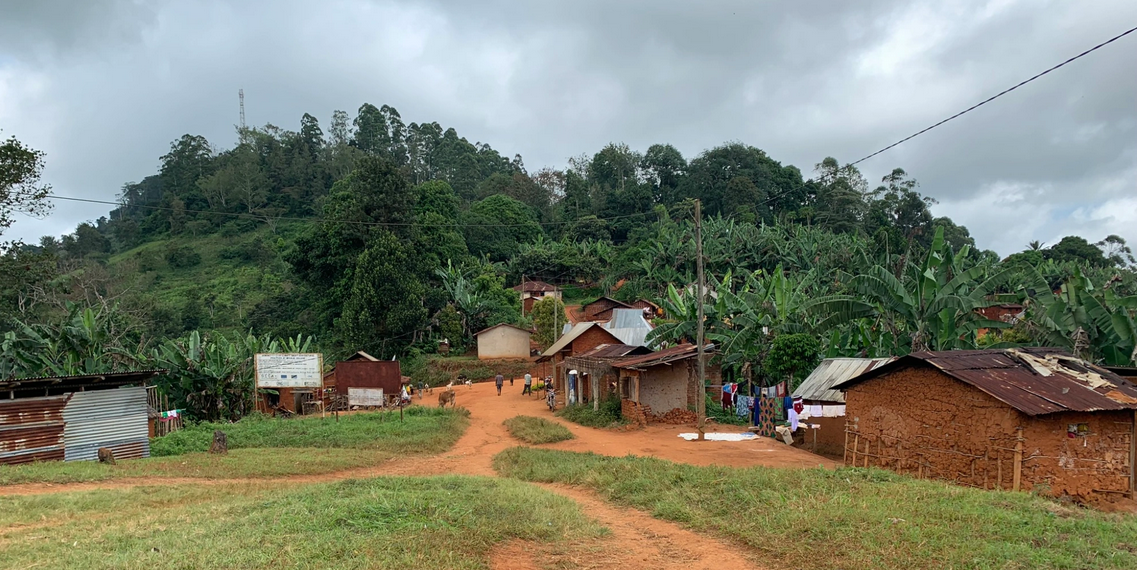






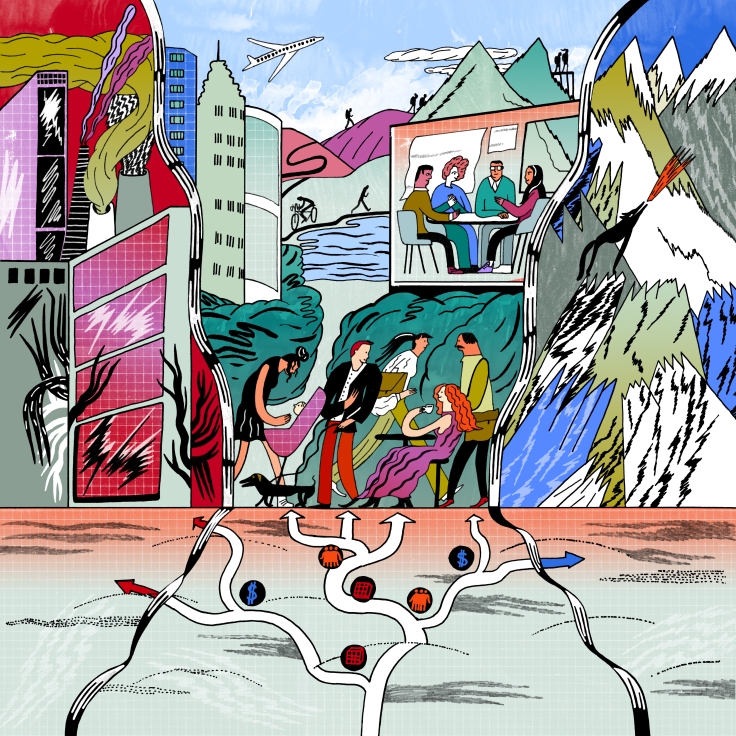




Leave a comment